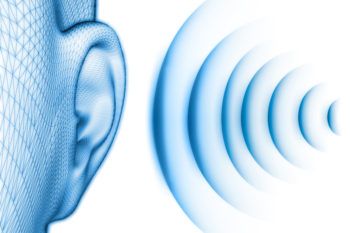One of the most admired of contemporary English novelists has turned his eye to events in Britain leading up to the Iraq war.
His new novel ‘Saturday’ was only published yesterday but judging from this extract in the New Yorker the Stoppers aren’t going to like the way they are portrayed in it:
The streets around here are usually empty at weekends, but up ahead, along the Euston Road, a big crowd is making its way east toward Gower Street, and in the road itself, crawling in the eastbound lanes, are coaches nose-to-tail. The passengers are pressed against the glass, longing to be out there with the rest. They’ve hung their banners from the windows, along with football scarves and the names of towns from the heart of England—Stratford, Gloucester, Evesham. From the impatient pavement crowds, some dry runs with the noisemakers—a trombone, a squeeze-ball car horn, a Lambeg drum. There are ragged practice chants that at first he can’t make out. “Tumty-tumty-tum.” Don’t attack Iraq. Placards not yet on duty are held at a slope, at rakish angles over shoulders. “Not in My Name” goes past a dozen times. Its cloying self-regard suggests a bright new world of protest, with the fussy consumers of shampoos and soft drinks demanding to feel good, or nice. Henry prefers the languid “Down with This Sort of Thing.” A placard of one of the organizing groups goes by—the British Association of Muslims. Henry remembers that outfit well. It explained recently in its newspaper that apostasy from Islam was an offense punishable by death. Behind comes a banner proclaiming the Swaffham Women’s Choir, and then Jews Against the War.
The author explains more in this interview in the Sunday Times:
McEwan admits he has found himself “at odds” with friends in the liberal intelligentsia “with whom I’d naturally expect to agree”. Indeed, his donnish uniform — blue cords, woolly jumper — would point to a different set of opinions but, as he says, this war is unusual.
He was appalled by articles cheering on the insurgents. “I would have thought that was a vote for anarchy and probably another one-party state.”
He loathed the anti-war slogan Not In My Name. “Its cloying self-importance suggests a bright new world of protest, with the fussy consumer of shampoos and soft drinks demanding to feel good, or nice.” Walking past marchers rather than with them, he says: “I was troubled by the sheer level of happiness on the street. I did think whatever the reasoning of America for going in, history has offered us this chance to get rid of Saddam. If you decide you don’t want that, it is probably a very reasonable view, but it is a vote for more torture, more genocide. It’s a sombre, grave choice.”
He began as an opponent of war, having “megalomaniac, insomniac” fantasies of getting to Blair and managing to talk him out of it. “There were anxieties Baghdad would be razed, the UN estimated there would be 3m million refugees and half a million dead, although we might get there yet. I did feel there was a humanitarian argument to be made and was very disappointed the government never made it.”
But he was certain the invasion was going to happen anyway. “When it did I fervently wanted it to succeed even though a big chunk of left liberal opinion really wanted it to fail.”
The quality of writing also seems to be a step up from that employed by the Stoppers’ favourite Harold Pinter, who puts his feelings about the same events in a less wordy format:
Democracy
There’s no escape.
The big pricks are out.
They’ll fuck everything in sight.
Watch your back.
Harold Pinter Februrary 2003
McEwan has always been an intriguing writer. The fact that he has the courage to speak out and express thoughts like those above, despite them being so obviously heretical in literary circles goes a long way to explaining why that remains the case.
